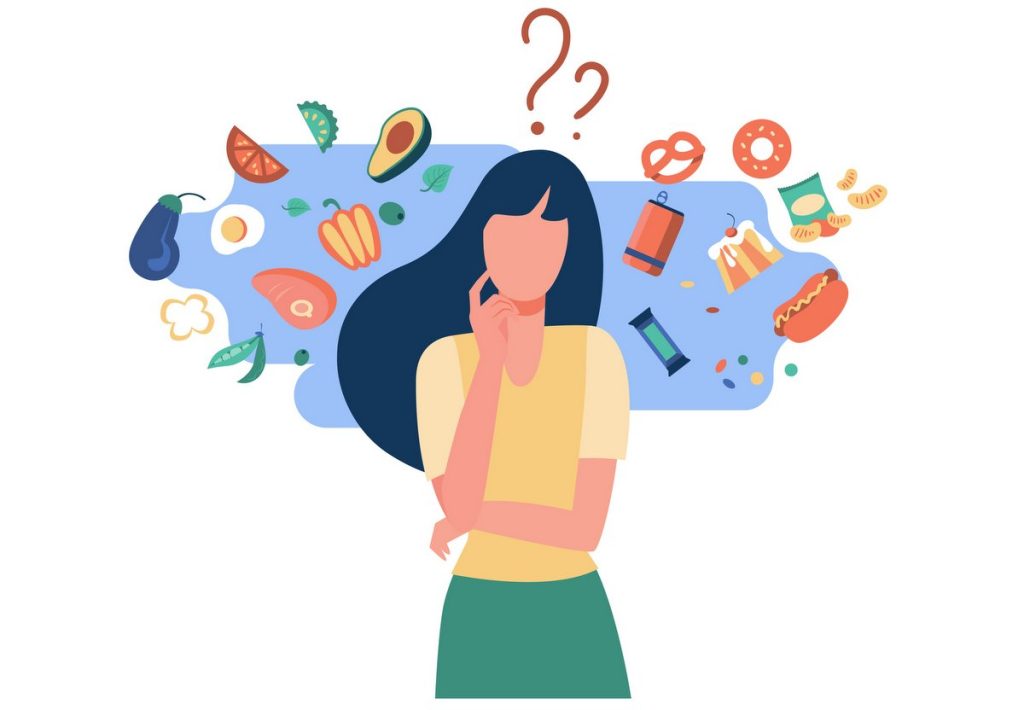
What is the AIP?
The Paleo Autoimmune Protocol (also known as the AIP) is a diet and lifestyle program designed to reduce inflammation, minimize autoimmune symptoms, heal digestion, and deliver nutrition that supports health. This page focuses on the diet part of the protocol. Be sure to check out the lifestyle and mindset pages as well.
My Book
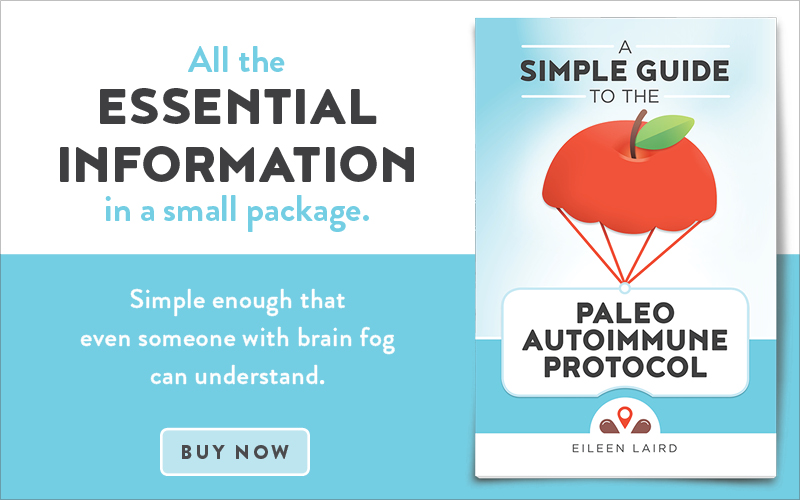
Start Here
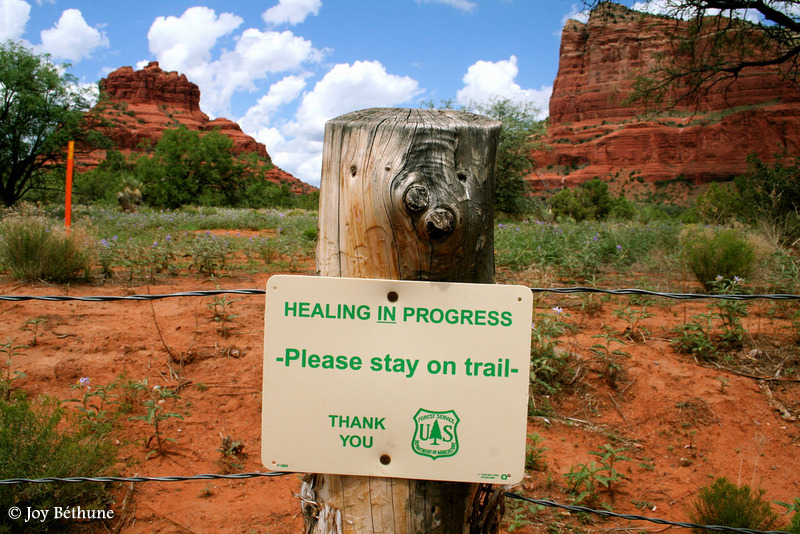
Special Topics
Browse AIP Articles
- How We Talk About Food – I Can’t Eat That vs. I Choose Not To Eat That
- How My Diet Has Evolved Over 10 Years With Rheumatoid Arthritis
- List of Paleo-Friendly Restaurants Worldwide
- 10 Nutrient-Dense Fruit and Vegetable Scraps We Should Be Eating Instead of Throwing Away
- 10 Answers to the Question: Why Do You Eat That Way?
- Finding Your Wiggle Room on the AIP
Browse AIP Podcasts
- Episode 213: Holiday Boundaries & Autoimmune Disease with Dr. Ellen Vora
- Episode 206: Listener Q&A
- Episode 192: Healthy Food Swaps & Nutritious Combos with Annie Rubin, RDN
- Episode 177: GMOs with McKay Jenkins
- Episode 170: Gut Health Superfoods with Dr. Sarah Ballantyne
- Episode 164: Best Of – AIP FAQ

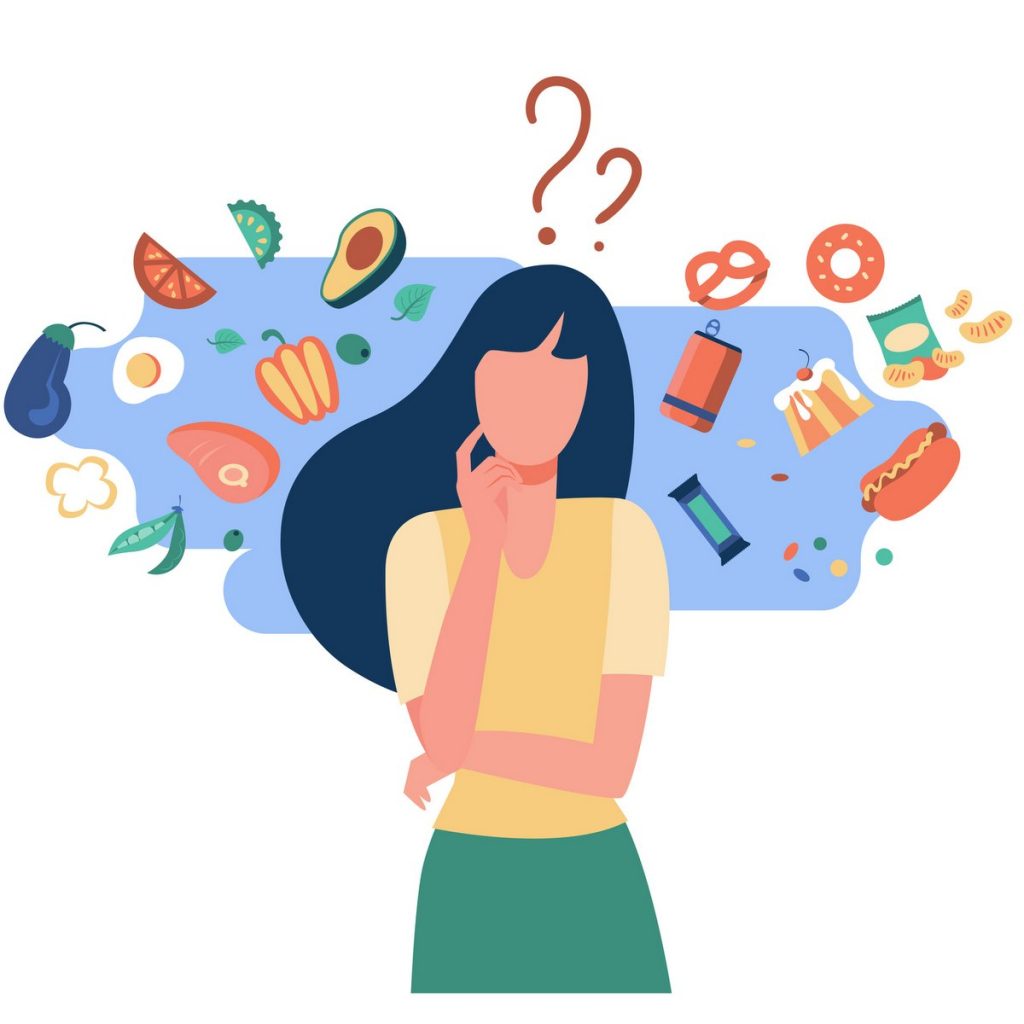
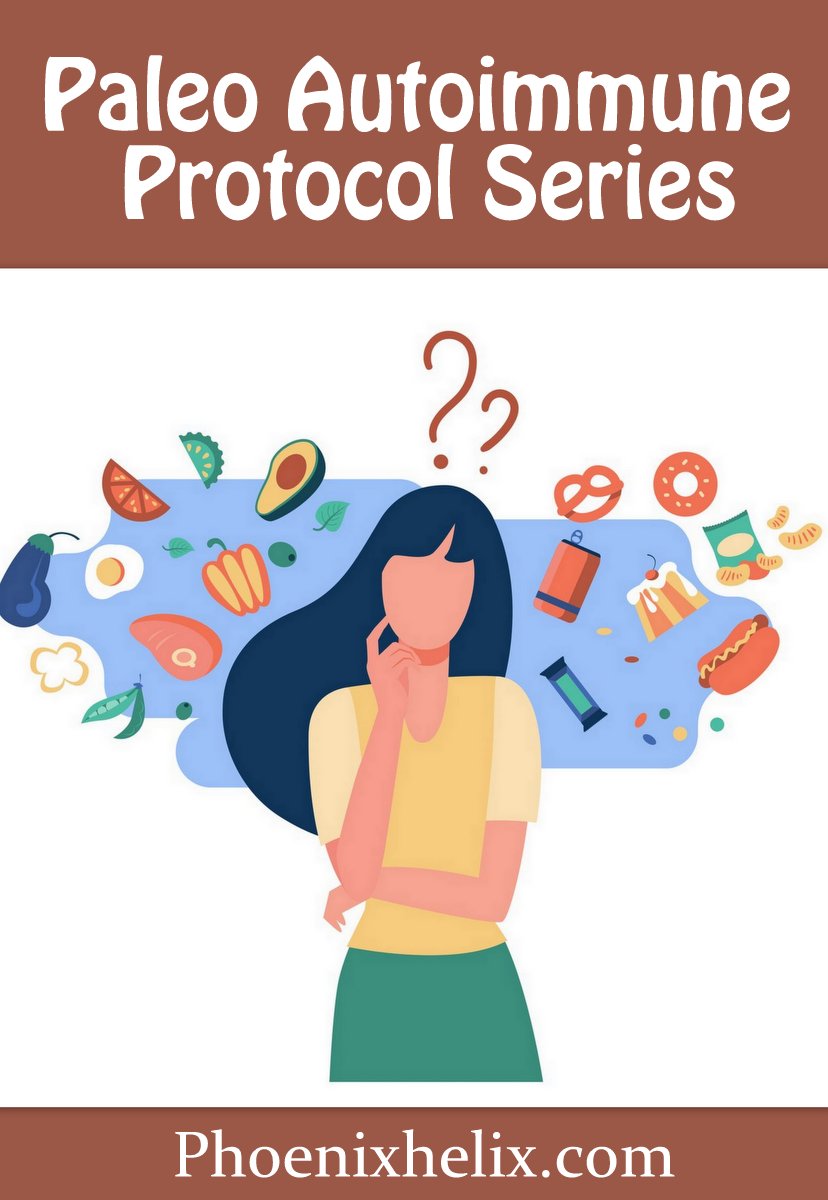

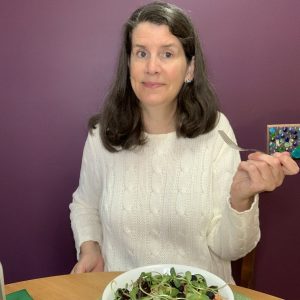
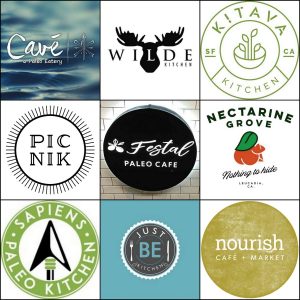
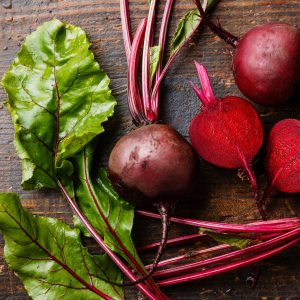
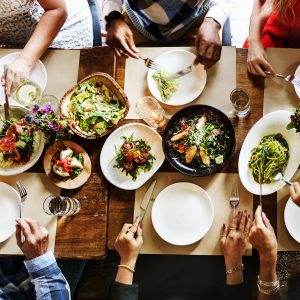


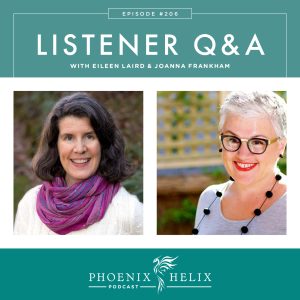

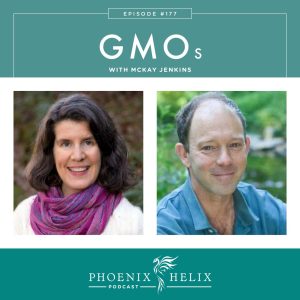
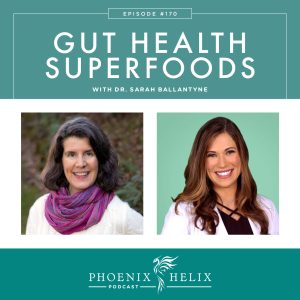
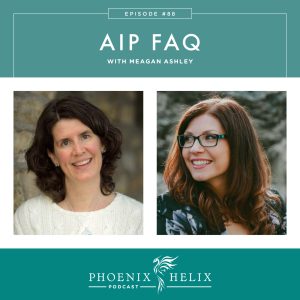
Very encouraging, on strict budget but you made it sound possible. Thank you.
You’re welcome, Terry. I’m so glad.
Hello,
I would want to ask for advice about bodybuilding on AIP diet. I had psoriatic arthritis for 4 years and last year started AIP diet. It worked as a miracle (I made some mistakes on this diet, but I was able to find autoimmune triggers and avoid them). Now I have no pain most of time and not taking any medications (even NsAIDs) about 1 years. I also take probiotics, which helped a lot too. I want to grow I bit of muscle weight, because on AIP diet I lost a lot of fat. I am 23, 175 cm (5’10’’ ft), my weight now is only 60 kg (was 83kg) (about 147 lbs, was 200 lbs). I want to achieve my old weight by growing muscles. I know that I need a lot of proteins, I worry a bit if am getting enough them on AIP diet. Now I am exercising about 45 min 4 times per week. I eat about 150-200 g meat or fish every day and 300 g millets, some days brown rice, mealies, about 700 g vegetables and some fruits. I noticed that I cannot eat more than 90 g proteins a day because after three days my thumb starts swelling and disease comes back slowly. I am thinking is it enough proteins to grow some muscle on my diet? If not enough I do not know how to add more and not to get autoimmune reaction to them. Also am thinking about proteins shakes, but I do not want to risk taking them and damaging and causing my gut leaky again.
I am writing here, because it is quite of lack of information about bodybuilding on AIP diet. Also I am sorry from my English, I am not from America nor England, I am from Northern -Eastern Europe.
Hi Tom. This is outside of my area of expertise. But if you’d like to consult with a professional, Alissa Frazier is both an AIP certified health coach and also a certified personal fitness trainer. So, she would be a great resource to help you develop a plan. She works with people 1:1 around the world via Skype. Here’s her website: http://liss-ms.com/coaching/
Hello Eileen, I am writing from Chile which is a South American Country, my mother tongue is Spanish so I apoligize in advance if I miswrite some words. I have atopic dermatitis and I tried everthing in the past to cure it but nothing worked except the AIP protocole. I was paleo three months before I moved to AIP and it helped me a lot. The itchy and red skin went away. Now I have been in AIP for about a month and I am worried about reintroducing foods because I noticed that my stomach bloated after eating some nightshades, eggs and some other foods before AIP, and it still does but it doesnt hurt. I’ve lost twenty kilos during this months. I eat leafy greens, carrots, zucchini, meat, olive oil, avocados pretty much everyday. And I’ve been doing well. But now I am worried about carbs and wondering what to do first cause I think maybe it is too soon for eating white rice, eggs or potatoes. I probable have SIBO so I am out of fruits too. What do you recommend. I’d really appreciate your opinion. Thanks in advance for your answer.
Hi Daniela. My recommendation is to be tested for SIBO and get treated. Here’s a podcast with more information: Episode 29. And here’s a Spanish AIP Blog, if you’d like to communicate with Mikaela, who speaks Spanish fluently: La Chica Paleo. Wishing you wellness in every way.
Daniela, I hope you are doing well. I wanted to let you know about another Spanish AIP blog I learned about more recently: http://episalud.com/
Hi,
This is a wonderful and informative website, thank you for doing this! I have recently been diagnosed with an autoimmune disease and am trying to follow the AIP diet. My question is: if I pressure cook tomatoes, does it reduce the lectin content? Some websites say they do, others are silent on the topic. I don’t eat tomatoes often, but sometimes I need to use them in my cooking, so I wanted to check. Thanks!
Hi Kelly. Tomatoes are a nightshade and therefore aren’t allowed on the Paleo Autoimmune Protocol. Lectins aren’t the problem. Tomatoes are common inflammation triggers for people with autoimmune disease, so I recommend removing them from your diet for a minimum of 30 days and then reintroducing them carefully to see how your body reacts. Some people do respond differently to raw vs. cooked tomatoes (although I’ve heard of no one who noticed a difference in the type of cooking process). For more information on the AIP in general, I recommend my book: A Simple Guide to the Paleo Autoimmune Protocol. It will clarify everything and help you find recipes that are tomato-free. I haven’t eaten them in over 3 years, so I promise you it can be done! (Nightshades are one of my biggest flare triggers – both raw & cooked – which I learned during my own reintroduction process.) Wishing you wellness!
Thank you so much!
Thank Eileen….that makes sense….I’m going to read thru your re-inroducing e-book too!
Hi Eileen,
I am wondering how to introduce flours for baking? Do I make the item and see how I react or do I eat the thing the flour comes from first to see if I react? As an example, almond flour or oat flour, would I eat the almonds and oats first separately?
And also…can people tolerate flours and nut/seed milks more easily than the nut or seed they come from since they are soaked and then broken down in the blender…ex almond milk.
Thank you so much! I love all your expertise and information you provide.
Hi Latifa. The trouble with the flours is that you often eat more than you would if you were eating the whole nuts or seeds. For example, 1 cup of almond flour = about 90 almonds. So, I would suggest trying some soaked and dehydrated almonds first, and if you do well with those, try almond flour in small quantities. As for the milk, that might be easier to tolerate since the nuts are soaked, but reintroductions are always very individual. Whatever you choose to try, reintroduce just one thing at a time (either the milk or the nuts or the flour) and follow the steps in my reintroduction article before reintroducing something else. Best wishes!
http://www.phoenixhelix.com/2013/05/26/reintroducing-foods-on-the-paleo-aip/
Eileen: glad to note that some clinical research is being conducted on the effect of diet on RA. Following is the link.
http://paleozonenutrition.com/2016/01/20/rheumatoid-arthritis-and-diet-research-project/
Yes, Sudha! I actually helps Julianne some of her interviewees. Thanks for posting.
Eileen: I recently consulted with a allopathic doctor who supports integrated and functional medicine. He is setting me up for a micronutrient testing and the ALCAT test. The first test looks to see if one is micronutrient deficient or not. The ALCAT test measures personalized nutrition at the cellular level. The test highlights one’s incompatible foods and the level of each reaction whether severe, moderate or mild. This test also identifies the foods which are non-reactive or safe foods. Since the AIP protocol is limited in diet choices this opens up wider choices for us.
Hi Sudha. I hope you haven’t yet paid for the ALCAT test. It isn’t scientifically validated, and in fact, routinely comes up with false negatives and positives in its results. Unfortunately there is no food intolerance test that is as accurate as an elimination diet like the AIP. I wish there were! It would be a lot easier. Here’s a recent podcast on this topic by Chris Kresser.
Hi Eileen – many thanks for sharing your thoughts. Born and raised a vegetarian, I am adapting to the paleo diet albeit slowly – I am also concerned about my weight loss (20+ lbs) and want to make sure I stabilize that. At the same time, would like to identify some vegetarian protein options such as lentils, legumes which I can tolerate – even if not fail safe, if the test provides a narrow list of potential choices, I could work with experimenting and identifying what works for me. The test is coming up shortly and I will share my findings with you soon.
Thanks for sharing your journey, Sudha. Do keep my posted.
Thanks much for taking the time to write your blog. It is very inspirational. I want to share my story here – I was diagnosed with RA in July 2015. I understand that diagnosing RA is not easy- there are a number of factors and tests that the rheumatologist takes into consideration before delivering the verdict. My RA factor was 43,Ana screen IFA was positive, smooth muscle AB was positive, anti nuclear AB titer was beyond the normal range, CCP IGG abnormal. There is another test done called the VECTRA which measures the activity of RA. In August my score was 50 which denotes that the disease is highly active. At the same time I was fortunate to meet a couple of individuals who were able to get the disease into remission by food alone. I started reading books – two books which helped me. IT STARTS WITH FOOD by Dallas & Melissa Hartwig. The second book which actually provided me a road map for my dietary changes is the AMY MYERS AUTOIMMUNE SOLUTION. I went on the Diet recommended by Dr. Amy Myers beginning August 27th. . My rheumatologist as most others do not believe in diet having any impact on RA. She wanted to start me on methotrexate immediately. I asked her if I could wait for 4 weeks so I complete the first 30 day diet. She agreed with some caution.
Effective Sept 10th my pain disappeared . I went back to her in weeks and she was surprised that I had no pain since. She then asked me to come back in 30 days with the plan that she would start me on Placquenil . I went back to her after 30 days and she was surprised that I still had no pain. She ordered another Vectra test and my score was 16 which indicated low disease activity. She is quite nonplussed and has now asked me to come back in February. I have taken a few ultrasound of my hands and they seem normal.
I have re-introduced rice and quinoa in my diet thus far.
It has not been easy to find a doctor who is willing to work with you on treating RA with dietary changes. I think I may have found a primary care who believes in diet and is willing to work with me.
So for folks out there with RA – there are options besides drugs for managing the disease. The path is not easy but as Eileen points out it is definitely worth it. If you can find doctors who practice functional medicine go for it. These doctors do not accept insurance – the cost is worth it in the long run.
Thank you so much for sharing your story, Sudha. You are doing this so wisely – following the diet closely – testing to see its results – working with your doctor on the best choice for you. May you continue to have great success and abundant health!
Very informative. Thank you very much!
Thank you for sharing your journey, so many will benefit! May you be blessed with continued healing.
Thank you, Joanne. I wish you health and happiness as well!
Hi Eileen. Always positive and uplifting to read stories on your website. So few people really understand what you go through with RA and other autoimmune diseases from totally turning your diet 380 degrees to the struggle with dealing with pain and at what point to take medication. I personally have not given up and still trying to heal on AIP solely. It takes time to figure out what causes our symptoms even on AIP so we have to be patient and find good support systems. Some of the challenges I have encountered are some of the safe foods on AIP. By doing more elimination process it limits me on oils, flours, vegetables and fruits. Can you tell me if it is safe to use cassava and/or tiger nut flour on AIP since using coconut in various forms every day may be inflammatory? I am unable to use olive or avocado oil and only small amounts of coconut. Alternative is lard, but I have issues with beef and pork. Although I do not use sweeteners very often I have more symptoms using honey and maple. I use fruit when I can but wondered if Yacon syrup is acceptable to use in small amounts occasionally? Thanks for your insight:)
Deana, you want to be careful about focusing solely on food and eliminating too much. We need nutrition to heal. If the AIP isn’t enough, the recommended troubleshooting steps are (1) to address lifestyle: stress, sleep, movement, sun. All of these affect autoimmune expression just as much as food. (2) Functional medicine testing. Wishing you healing in every way!
Thank you for doing this. I was diagnosed a Celiac 30+ years ago. Back then, it was considered very rare! I have had multiple medical problems since then, a few autoimmune. The short story is that I found Paleo 6 months ago and WOW! I am now searching for a diet that will take me further. Thank you so much for providing information!!!
You’re welcome, Leda. May you continue to feel better and better!
Just a thought for Dominic – have you ensured that your meat is soley grass fed? If it is fed on grains through the winter, a common practice (and in some farms they are fed on grains all year round, even in Europe) and your body has an immune system that is primed for reacting to grains, then you can find that you react to that meat when you eat it. The worst for this is poultry, because all chickens, even organic ones, are fed on grains and on soy, so even if they are organically grown soy and grains, or ‘corn fed’ and your immune system is super reactive, you will react to eating these chickens, and even eggs from hens fed in this way (i.e. all of them). Indeed this may one possible explanation for why egg allergies exist. So, in tidying up your diet and using the check list ( which is great by the way) look at the sources of all your food. Here in England it is possible to get grain free beef (from the re-wilded Knepp Estate via Garlic Wood Farm) and lamb (Welsh hill lamb especially) but I have not yet found any commercially produced grain and soy free chickens or eggs. Keep your own! Feed them grass, wild herbs like purslane, worms, beetles and left-ever veg scraps. They will produce fewer eggs, but better eggs! Good luck with it and keep on keeping on.
Fifi.
Hi Eileen– I am thinking of ordering my beef and pork from a local farmer that does grass fed beef but also offers the pork either traditional vegan-fed or a Non-GMO & Soy Free diet which is a custom blended ration of Colorado grown non-GMO corn and linseed (also known as flax). I am not sure which one would be the best to order. Any ideas would be great.
That’s awesome that you have such great choices locally. I would choose the Non-GMO & Soy-Free. Enjoy!
Could you please tell me if this is in the Colorado area?
I am so happy I found you! I have just started the AIP journey after lots of research and procrastination.. ! At the moment I am coming of pretty strong doses of Prednisone and so am hoping to help my body heal as it does so- thanks again Eileen. I am looking forward to the AIP challenge and to feeling so much better!. I have already made your perfect breakfast sausage recipe and it was a massive hit- so that was a good way to start!
Hi Lisa. That’s one of my favorite recipes, too! Welcome to the AIP community.
hi,I’m following the AIP protocol approx 1 month.
I have RA and unfortunately I do feel worse following the protocol.
following before the mcdougall diet,I did feel an improvement after few days,but in the longrun I still felt,that the disease is too active.so I tried the AIP.
since day 1 I felt a slight increase in swellings and inflammation,but I thought it will go away maybe.
the only things I’ve added new were meats and increased the fat consumption.
Dominic, if you went from a vegetarian to a meat-eating diet, you will probably need digestive support during the transition. Traditionally, vegetarianism leads to low stomach acid, and lowered digestive enzymes overall. There’s a strong connection between digestive issues and autoimmune disease, which means we have to heal both. It would be worth talking to a nutritionist to troubleshoot. If you don’t have anyone local, I recommend The Paleo Mom Consulting.
I was taking Betaine HCL with pepsin and Digestive enzymes to support my digestion.
I’m from Germany and I dont think I have a local nutritionist,who is specialised on the paleo topic.
Also I dont think I have enough money to consult Sarah and I have tried so much,that I doubt that she could help me.It seems no one can.
I have spent so much money over the years and I cant work due to the disease,
I have made many healthprectitioners an offer,that I’ll try a certain therapy for free and if it helps I’ll pay them twice as much.only few people have agreed and unfortunately they didnt help me either
I’m sorry, Dominic. I know it feels hopeless. All I can say is that 1 month isn’t very long. For most people, it takes many months to see progress on a healing diet, especially when you’ve been ill for years. Are you on medication to help alleviate your symptoms in the meantime? I also recommend the troubleshooting checklist from the Paleo Approach, which you can view here. It’s free, and I don’t know anyone who is perfect in every area on that list, which means there’s always something we can try to make things better. Gentle hugs to you.
I’ve just completed the first 8 days on the AIP, after (finally) comprehending that my Hashimoto’s Thyroiditis is a actual autoimmune disorder, and being quite unhappy at the prospect of potentially ending up with additional autoimmune disorders as a result. I had already removed wheat, rye, and barley (nearly 3 years ago) plus any oats that weren’t certified gluten-free. I’d been eating largely organic for 20 years (thanks to increased nutritional awareness during my first pregnancy), and had reduced sugar/honey intake to almost zero, but had been using organic stevia. Still, with all those things being said, I’ve found it very difficult thus far, and hence, my impetus to search the web for bloggers who’ve “been there, done that.” I’m very happy to have found your blog, and grateful for all the information and support I’m finding here. (I also really like the success stories, and especially the fact that they tell “the whole story,” not just the rosy endings). I’m currently awaiting further testing following a positive ANA test to deduce what else may have taken hold. I am so much more hopeful, as I await a diagnosis, having this diet protocol in hand, and because I’ve found a community of other women who are not just surviving autoimmune diseases, but obviously thriving despite them. Thanks for the inspiration!
Aimee, welcome. I’m so glad you found us. We have totally felt what you’re feeling now, and I promise: the diet gets easier with time, partly because you start to feel better, partly because you expand your cooking habits to embrace delicious food and even treats on AIP, and partly because eventually, you’ll get to reintroduce some of the foods back into your diet. Hang in there!
Thank you Eileen. When I took gluten out of my diet initially, it really negatively impacted my joy in cooking, something that I had previously been quite happy to do, often seeking out new recipes, generally being fairly adventurous in the kitchen (my mom taught me that!). I had been eating Vegan for about a year when my chiro muscle-tested me and said the gluten had to go. At that point, we were eating whole wheat pasta probably 3 nights per week! It was a radical change. I’m finding the AIP is forcing me to cook from scratch again, as I had done in years past. The homemade chicken soup I made this week was absolutely delicious. It felt like a lot of work, but I can recognize that it’ll get easier with practice. (I need to figure out the best way to store the homemade stock so that the soup-making doesn’t have to start with that time-consuming step.) I’ve already shared information about the protocol with a half dozen friends and family members. As I began thinking of who might be interested, I was sort of distressed to realize just how many people I know that are suffering with some form of auto-immune disease: family members, friends from church, work colleagues…it seems it’s every where. My sister is a registered nurse, and her husband is a medical doctor, so I asked them to read The Paleo Approach (by Sarah Ballantyne, Ph.D.) and give me their thoughts, specifically addressing the integrity of the science presented. My sister has Reynaud’s, but she doesn’t think of herself as having an autoimmune disorder. I’m interested in the psychology around these issues as well – I’ve noticed others who say, “I’m not going to claim having lupus,” for example, when presented with a diagnosis. I’m perplexed by that attitude. I understand not wanting to accept that you’re “sick” with “a disease,” or that you may have or develop “limitations,” but it seems dangerous if that mindset prevents you from taking steps you could take to alleviate or slow the progression of your disorder. Thoughts?
You are so right. It’s scary how common autoimmune disease is becoming. It really is an epidemic. I’ll be curious to hear what your sister and brother-in-law think of the book. I agree with you that denial isn’t a helpful stance when it comes to healing autoimmune disease. RA is a part of my body, and accepting that was an important step in making peace with it and loving myself enough to heal. I don’t choose to be limited by it or defined by it, but I am certainly in relationship with it. P.S. You’re a very eloquent writer. Thanks so much for sharing your process and your philosophy.
Hello, I have a auto immune disease, MS
does-it good also for MS
Absolutely. There are a number of people with MS benefiting from this protocol. Here are two success stories to inspire you: Whitney Ross Gray and Dr. Terry Wahls.
Anyone with RA or other autoimmune disease should check out http://www.lowdosenaltrexone,org!!! The word is starting to spread about this amazing safe medicine and it’s success. It’s an off label drug so no pharmaceutical company is pushing it for there is very little money to be made on it and doctors don’t know about it.
Thank you so much for all of your information. I too have RA recently diagnosed at 35.I honestly felt like my life was over but reading what you have accomplished has helped me to see that its not hopeless. I have just started the Paleo AIP and I am struggling with it but I know for sure that my diet is effecting my pain. I go to see my Doctor next week so that he may put me on the medication and I am scared out of my mind to take some of these drugs.
When I feel discouraged I come and read your story and it fills me with such hope.
Thank you again for your information and your story
Shannon
I’m so glad my blog lifts your spirits. That’s why I write it. A couple of thoughts: It can be hard to go directly from a standard American diet to the AIP. Most people do full paleo for a few months at first. That gives you a wider variety of foods and helps the transition, while still reducing some of the inflammation. Then, if needed, you can move onto the AIP. I know I personally needed time to adjust. Secondly, if you need to take drugs while you heal, please don’t feel bad about that. Many people do the diet and drugs simultaneously, and then wean off the drugs as their body begins to heal. Listen to your inner wisdom, and do what’s best for you.
You have written my story! After several dietary trials the last 12 months, with limited success ( but some success) on each, I too, am starting the AIP diet and missing my eggs. I have RA, but am feeling better, and wanting to get off my biologics. I want to note that I was feeling better BEFORE I started the biologic, and don’t hold much stock for what it is ( or isn’t ) doing for me…plus I don’t want to be on a potentially toxic drug the rest of my life! Like you, some of the dietary changes helped, but I still do some pretty negative things to my body: 1 cup of cold brew ( low acid) coffee everyday, an occasional glass or two of champagne and I am still eating eggs. My pain is down, but my energy, stamina is bery low. Also, these diets have caused me to lose too much weight. I am too thin! I am highly affected by sugar, and so when I drink that’s an energy vampire for me! Holidays are over, So I am committing to the AIP..still wondering if I can keep my coffee? (Obviously my biggest addiction). Gave up grains, dairy (still use ghee), nuts, seeds, back to giving up alcohol and now eggs. Thank you for your post, I believe we were separated at birth 😉 Caroline
Hey Caroline, thanks for writing! I think it’s fine to take it in stages. Do the food portion of the AIP for now, wait 30 days, and then start the reintroductions to see which foods your body tolerates well and which foods you’re better off without. Then, you can do coffee as a second experiment down the road. One cup a day’s not too much (unless you have adrenal fatigue; that’s when caffeine becomes more of a problem). Wishing you healing, and please keep me posted on your progress.